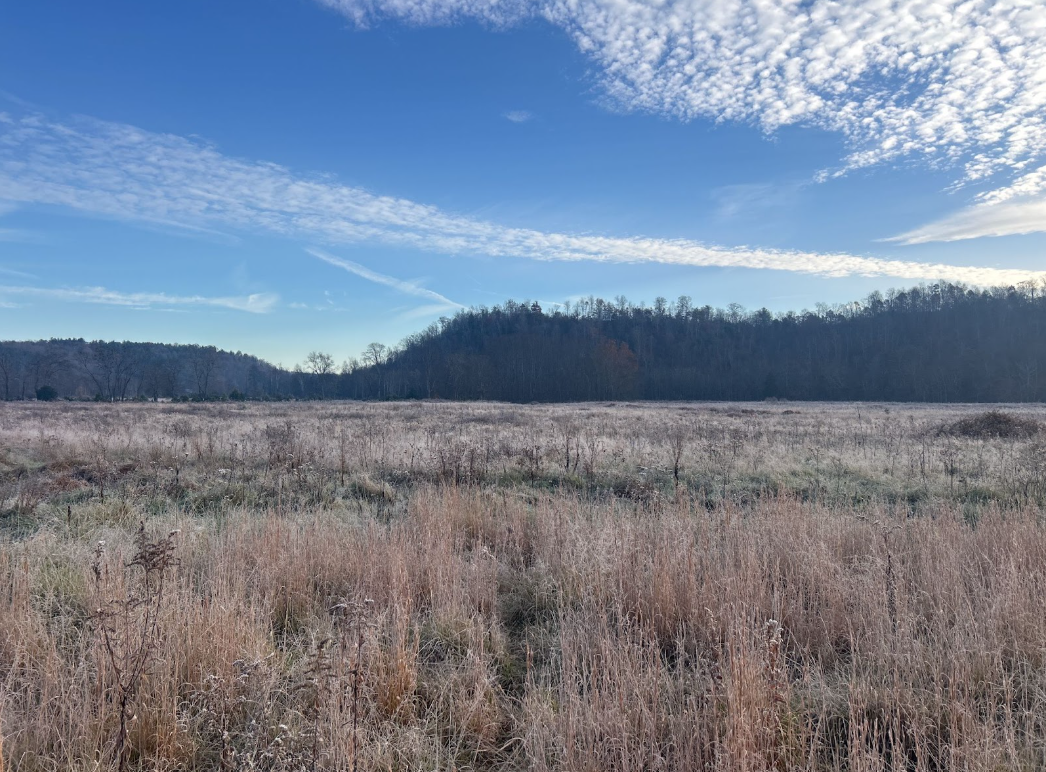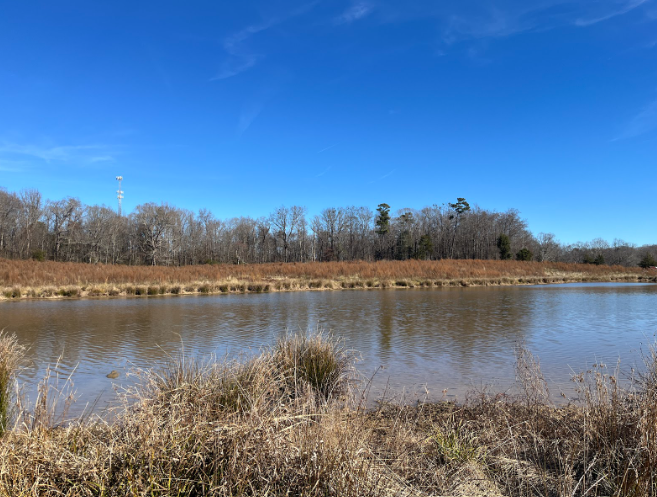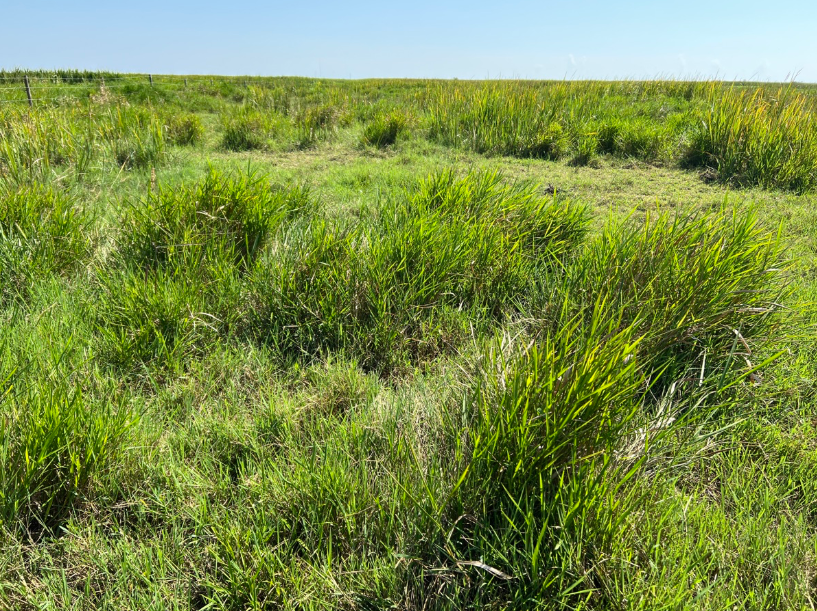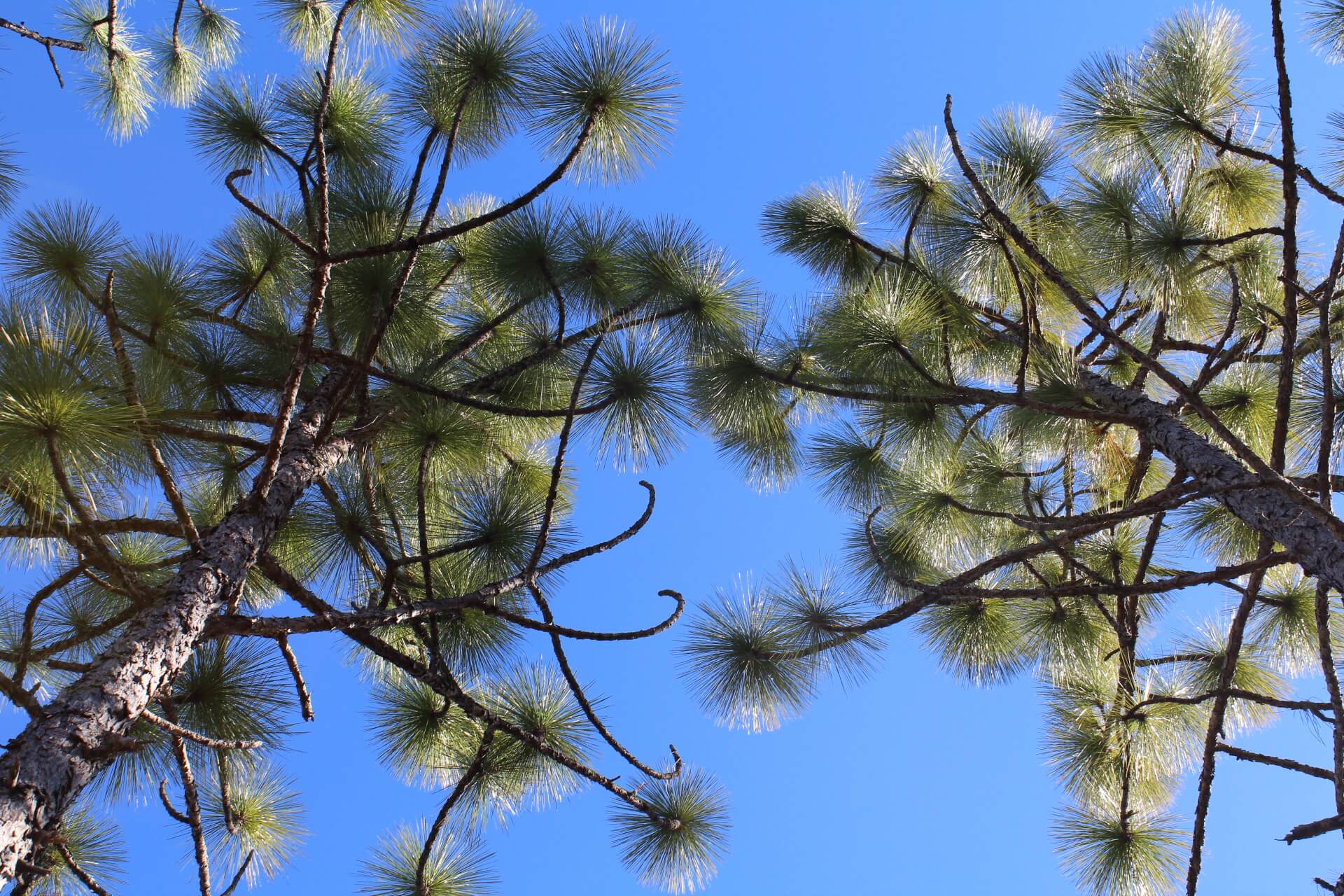North Carolina has abundant natural resources that contribute significantly to the state's
economy, environment, and overall quality of life. Our state's landscapes provide many
opportunities for outdoor recreation, improved water quality, farming, tourism, and forestry.
However, as the state experiences rapid growth and development, the need for land and resource
conservation has become more urgent. This is because population growth and land development
often result in conversion of valuable land and natural resources.
The growth rate of NC from July 2022 to July 2023 was 1.3% or 139,526 people, which is
the fifth fastest growth rate in the country. Total population for North Carolina is currently
10.8 million people.
The Natural Resources of North Carolina: What’s At Stake?
North Carolina has magnificent natural land, water, and wildlife resources. The state has 31.5 million acres, 87 percent of which are natural and working lands. These measure about 20.5 million acres, including unmanaged and managed forests, wetlands, and grasslands.
It also boasts over 12,000 miles of estuary beaches, 35,000 rivers and streams, and almost 1,500 lakes. This also makes our state abundant in water resources, helping us in many ways including providing drinking water and recreational activities.
The health and productivity of North Carolina's natural landscapes help humans and wildlife beyond economic value. For instance, wetlands are vital to water supply. They filter and purify water for municipalities, ensuring clean and reliable water.
The state also includes a wide variety of environments and species, making it a biodiversity hotspot. It is estimated that we have about 200 endemic species, meaning that we have a couple hundred species that can't be found anywhere else in the world. These unique species and habitats offer many research, educational, and recreational opportunities.
How North Carolina’s growth threatens our natural wealth
As the fifth fastest-growing state in 2023, North Carolina’s beautiful resources are now at stake. The state’s natural resources are constantly facing threats from land development and rapid population growth. Resources for land conservation are not keeping up.
In fact, the state recorded another 1 million residents in the past decade, and the pace is still growing. This also means an increase in infrastructure to accommodate the needs of the growing population. Hence, this puts many of North Carolina’s forests, farms, and natural lands at risk of permanent degradation or loss.
The projected loss of farmland in NC by 2040 is expected to be 1,197,300 acres or just about the same size as the state of Delaware. Farmland is at increased risk of conversion to other uses to support the increase population growth of NC.
Recent projections say that more than 2 million acres will be developed in the next 30 years. This shows how quickly land is being developed in North Carolina. The North Carolina Division of Parks and Recreation also determined that over $310 million will be required to place 134,000 acres of new lands into conservation.
Despite the ongoing loss of our natural resources, many North Carolinians still love outdoor recreation. Amidst the challenges brought by the pandemic, state parks saw a record-breaking 19.7 million visitors in 2020. Furthermore, outdoor recreation generates a staggering amount of $28 billion in consumer spending and supports 260,000 jobs.
Our natural landscapes provide many outdoor recreational activities. The mountains continuously attract visitors, thanks to their breathtaking views and ample hiking trails. Meanwhile, the state’s pristine beaches offer a haven for sun-seekers and water enthusiasts.
These natural wonders call for an investment in conservation more than ever. This is to ensure these landscapes will last for future generations, making it possible to have access to the natural wealth of North Carolina continuously.
Why is conservation considered an investment in the future?
The future of North Carolina's natural and cultural resources depends on effective conservation. As the state develops, we must recognize the importance of investing in conservation. This provides long-term sustainability, encompassing economic, environmental, and societal dimensions.
The urgency of conservation action cannot be overstated. Rapid growth across the state threatens more natural lands, farms, and cultural sites each year. If developed, these lands will lose their invaluable benefits forever.
Furthermore, the impacts of climate change, such as increased flooding, rising temperatures, and altered precipitation patterns, can’t now be overlooked. By investing in conservation, North Carolina can take proactive measures to mitigate the effects of climate change, reducing the risk of disasters and protecting both people and nature.
Conservation is more than preserving the status quo; it builds future resilience. Protecting and restoring our rich resources can help North Carolina adapt to environmental changes and harsh disasters. Among other benefits, we can prevent flooding, improve water quality, and preserve our unique wildlife.
Moreover, conservation efforts contribute to the state's long-term economic prosperity. By preserving natural landscapes, North Carolina can continue to attract tourists, generate revenue from outdoor recreation, and support local businesses. It also provides an opportunity to strengthen national defense by conserving the land near military bases.
Conservation is one way of helping private landowners conserve important places that are under threat of conversion to other uses. Often, land conservation acts as de facto zoning in areas where ecological and agricultural lands are threatened but have no zoning or other protections.
Building Together: Partnerships for Lasting Conservation
Addressing the conservation challenges faced by North Carolina requires a collective effort. Each stakeholder has a role in protecting and preserving the state's natural and cultural wealth.
Private landowners have an opportunity to contribute to conservation efforts. Various programs and incentives are available to support conservation initiatives, such as conservation easements.
Furthermore, it’s possible to reduce the environmental impact and also improve sustainability by
integrating conservation into development projects.
Collaboration is key to achieving lasting conservation outcomes. Partnerships between landowners, developers, and government agencies can use resources, experience, and local knowledge to achieve comprehensive conservation initiatives.
Conclusion
The time to invest in conservation is now. The rapid growth and development in North Carolina
poses a significant challenge to the state's natural and cultural resources. By taking action today, we can ensure that future generations will have access to local parks and preserves, public lands for hunting and fishing, reduced flood risks, enhanced military readiness, and a thriving outdoor economy.
Conservation is not merely a choice; it is a responsibility we all share to safeguard our natural heritage and secure a sustainable future for North Carolina!
About the Author
Michael brings nearly 20 years of experience to his role as Conservation Director at Unique Places to Save. He has worked to conserve over 200,000 acres across the U.S. while securing over $200M in funding and transacting $500M in land and other real estate.
Learn MoreWe are a trusted partner for private landowners to integrate conservation into their land and estate planning efforts
Learn More






